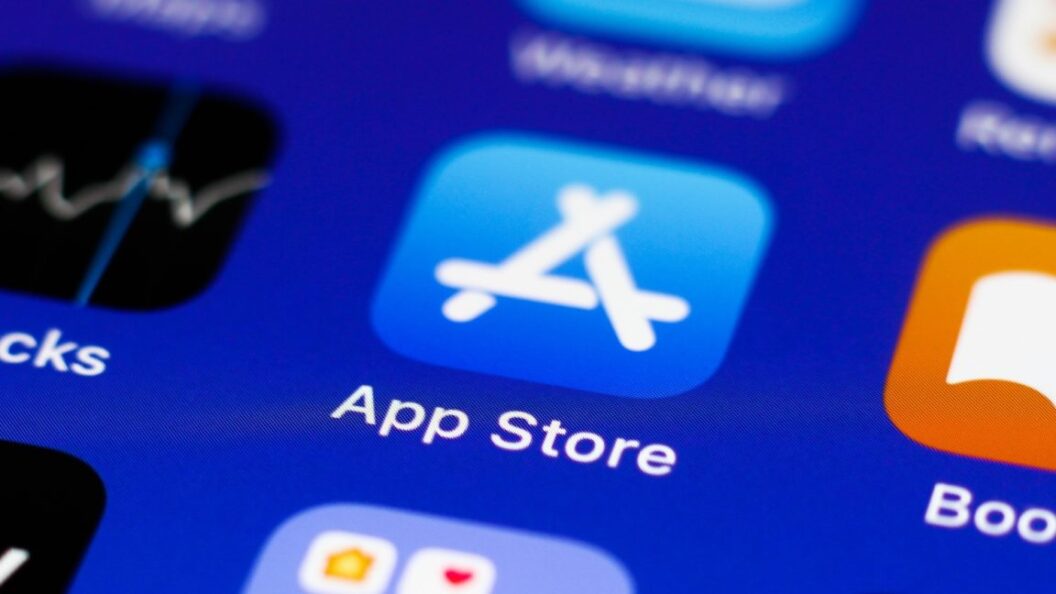Amazon Kindle App Update: A Shift in Digital Book Purchases
The Kindle app on iOS has undergone a significant update, allowing users to streamline their book purchasing process, albeit indirectly. As of today, the app does not permit in-app purchases directly, but it now features a "Get Book" button that redirects users to Amazon’s website in their default browser. This shift represents a strategic adaptation to Apple’s app store policies while maintaining a degree of user convenience.
New Features Enhance User Experience
Users can now search for titles within the Kindle app, tapping the "Get Book" button to navigate directly to Amazon.com. This marks the first time Kindle app buyers can be directed seamlessly to Amazon’s site, enhancing accessibility while shopping for digital books. While this does not match the efficiency of direct purchases within the app, it does provide a workaround for users, especially those wary of Apple’s commission structure.
Apple’s App Store Commission Policies
Apple’s longstanding position has revolved around its App Store commissions, which can range from 15% to 30%. The tech giant argues that developers benefit significantly from the extensive reach of its platform, the App Store’s maintenance, and the payment processing services it provides. Even following a court order that permitted certain leniencies for third-party payment processors, Apple continues to implement a commission that some developers perceive as cumbersome.
Critics have pointed out that while third-party developers have the option to bypass Apple’s payment system, this privilege comes at the cost of increased fees after considering the reduced commissions Apple offers under these new regulations.
Legal Challenges and Implications
Following a recent court ruling, Apple is poised to appeal and may potentially reverse these adjustments in the future. However, experts argue that even if Apple is successful, the need to adapt its policies may create public relations challenges by highlighting growing concerns over its control of app purchases and the profits derived from them.
Furthermore, Judge Gonzalez’s critique of Apple’s compliance strategy—a process labeled as burdensome and convoluted—adds another layer to the ongoing scrutiny Apple faces regarding its practices and the perceived monopolistic tendencies in its digital ecosystem.
Conclusion: A Turning Point for App Developers?
The latest changes in the Kindle app signify a noteworthy moment in the battle between tech giants and app developers. As more companies seek alternatives to the traditional in-app purchase model, this could indicate a broader trend in digital commerce that prioritizes user accessibility and adapts to regulatory pressures.
While the shift may only be a temporary measure before Apple’s appeal unfolds, it illustrates a critical response from developers aiming to navigate the complexities of operating within Apple’s ecosystem while minimizing commission impacts. The ongoing developments in this arena will have significant implications for app markets, consumer rights, and the future of digital content purchasing.









